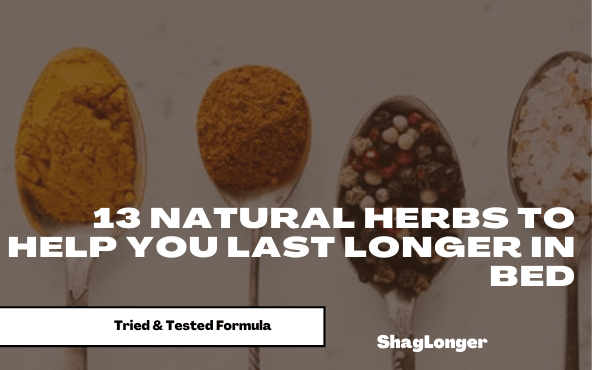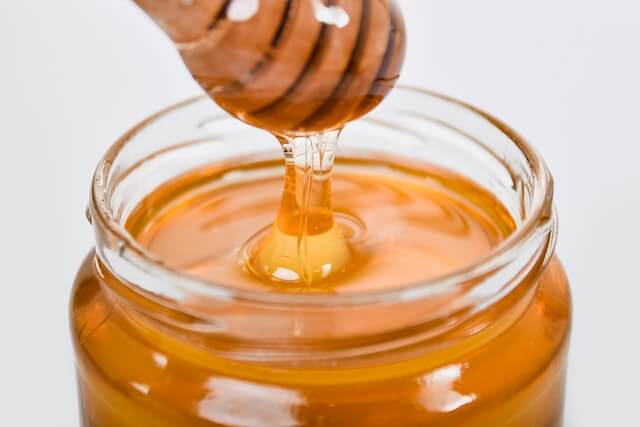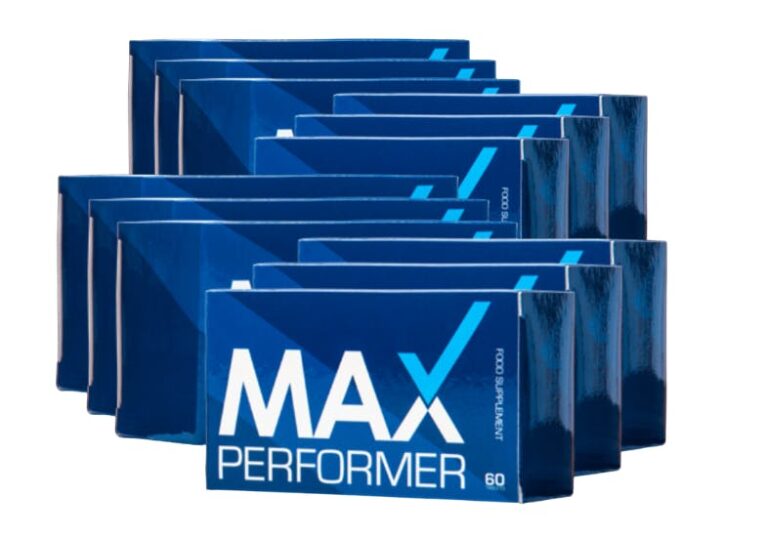Premature ejaculation (PE) is a super common problem that happens when a man ejaculates too soon during sex. It can be a pain for you and your partner, causing reduced sexual satisfaction and relationship issues. But don’t worry, there are ways to help you last longer in bed. One simple, often recommended solution is to use lube.
In this article, we’ll explore if lube can help with PE, the different types of lubricant available, and how to choose the right one for your needs. We’ll also discuss the best practices for using lubricant and offer tips for incorporating it into your sexual routine. If you are concerned about it, it’s a good idea to talk to a doctor for premature ejaculation advice and guidance on the best course of action.
Lube is a potential solution for premature ejaculation
When it comes to spicing up your sex life, lubrication is a great tool to have in your arsenal. Whether you’re using it for solo play or with a partner, lube can make things more comfortable and enjoyable. But there’s another type of lubrication that’s worth mentioning: desensitizing creams. These creams are specifically designed to slow down ejaculation by providing a numbing sensation.
A team of Columbia University health promotion specialists says desensitizing lube during sex can help slow down ejaculation by providing a numbing, friction-free experience. But it’s important to note that lube may not work for everyone, and it’s important to use it with caution and follow the instructions on the label.
It’s important to note that there are different types of lubrication available, like water-based, silicone-based or hybrid. And when it comes to choosing a lubricant for partner sex, it’s important to be mindful of the ingredients. Some lubricants contain glycerin, parabens, or other chemicals that can cause irritation or infections for some people.
In particular, the vulva cannot use lubricants with glycerin, parabens, or other chemicals as it’s a breeding ground for BV, yeast infections and can potentially throw off the woman’s ph. So it is even more important to shop together and check out the ingredients because the last thing anyone wants is to get an infection during sex.
Lubrication can be a great tool to improve your sex life, but it’s important to be mindful of the type of lubrication you’re using and the ingredients it contains. Desensitizing creams can be helpful for some people looking to slow down ejaculation, but it’s always important to use caution and follow the instructions on the label.
How lube can help delay ejaculation and improve your sex life
Numbing lube contains ingredients that can temporarily numb the sensation in the genitals, which can help prevent ejaculation in men who experience premature ejaculation. By reducing the sensitivity of the genitals, numbing lube can help men last longer during sex and improve their control over ejaculation.
Different types of lube and their benefits/drawbacks
Several types of lubes can be used to help reduce friction and increase comfort during sex. Some lubricants are specifically designed to help with PE, while others can be helpful as well. Here is a list of some common types of lubricants and their potential benefits and drawbacks:
Desensitizing lubricants
If you want to last longer in the bedroom, desensitizing lubricants might be your new best friend. These lubricants contain a numbing agent that can help reduce sensitivity and delay ejaculation. Just keep in mind that they might not work for everyone, and they can cause side effects like numbness and loss of sensation for both partners. Use caution and follow the instructions on the label.
Water-based lubricants
These are the most widely available and widely used lubricants. They are easy to clean up and are safe to use with condoms and other types of barrier methods. However, they can dry out quickly and may need to be reapplied during use.
Silicone-based lubricants
Silicone-based lubricants are a popular choice for many people because they last longer than water-based lubricants and are less likely to dry out. They’re also safe to use with condoms and other barrier methods, making them a great option for people who are practicing safe sex. One of the benefits of silicone-based lubricants is that they are perfect for shower and bath sex. They don’t wash off easily like water-based lubricants, so they keep going and going.
However, it’s important to note that they can be more difficult to clean up and may damage silicone sex toys. So, if you’re planning on using silicone-based lubricant with silicone toys, make sure to double-check the manufacturer’s recommendations before using them together. And as always, it’s important to clean up the lubricant and any other products used during sexual activity.
Oil-based lubricants
These lubricants are longer lasting than water-based lubricants and are less likely to dry out. However, they can damage condoms and other barrier methods and can be difficult to clean up.
Hybrid Lubes
Hybrid lubes are a mix of water-based and silicone-based lubes, so they’re not too thick like silicone lubes and not too thin like water-based lubes. They’re just right. Plus, they’re super versatile, and they’re compatible with all types of sex toys. No more having to choose between silicone or water-based lubes, hybrid lubes have got you covered. And they’re great for long-lasting activities, it means less reapplication and more fun.
Note: Oil lubes cannot be used with barriers at all. It is unsafe. So make sure this couple is fluid bonded or stop using barrier protection during sex before using oil lubes.
Natural lubricants
These lubricants are made from natural ingredients and are generally considered safe to use. However, they may not last as long as other types of lubricants and may need to be reapplied frequently.
It is generally safe to use numbing lube with condoms, but it’s important to choose a lube that is compatible with condoms. Some types of lube can weaken or damage condoms, making them less effective at preventing pregnancy and sexually transmitted infections (STIs). Numbing lube is typically safe to use with condoms, but it’s a good idea to check the label or packaging to ensure it is compatible. Water-based lube is generally the safest option to use with condoms, as it is less likely to cause irritation or damage to the condom.
Expert tips for using lube to help with premature ejaculation
It’s completely normal to use lube during sex and it can actually make the experience more enjoyable for both partners. If you’re interested in using lube but are unsure how to bring it up with your partner, try approaching the conversation in a non-judgmental way.
Let your partner know that lubricant can help reduce friction and discomfort and can make sex feel more pleasurable. You could even offer to buy the lubricant together to make the conversation feel more collaborative. Just remember to respect your partner’s boundaries if they’re uncomfortable using lubricant, and find other ways to make the experience enjoyable for both of you. Good communication is key in any healthy relationship, and talking openly and honestly about using lubricant can help create a positive and enjoyable sexual experience for both partners.
Best practices for applying lube
First, make sure you have the right kind of lube for your needs. Water-based lubricants are usually safe for use with condoms and all types of sex toys, but silicone-based lubricants can damage silicone toys. Start with a small amount of lube and add more as needed – too much can be messy and not as effective.
Apply the lube directly to the area you want to lubricate or to your fingertips and then to the area. If you’re using a condom, put it on before the lube dries to help it stay in place. During sex, communicate with your partner and stop if you feel any pain or discomfort. Keep the lubricant close by in case you need to add more. When you’re done, clean up any excess lubricant and wash your hands to remove any residue.
Remember to store your lubricant in a cool, dry place and check the expiration date – using expired lubricant can cause irritation and increase the risk of infection.
In general, delay spray should work with a personal lubricant. Before adding it, make careful to first apply the delay spray and then wipe away any extra spray from your penis.
How to communicate with a partner about using lube
It’s completely normal to use lubricant during sexual activity, and it can actually make the experience more enjoyable for both partners. If you’re interested in using lubricant but are unsure how to bring it up with your partner, try approaching the conversation in a non-judgmental way. Let your partner know that lubricant can help reduce friction and discomfort and can make sex feel more pleasurable.
You could even offer to buy the lubricant together to make the conversation feel more collaborative. Just remember to respect your partner’s boundaries if they’re uncomfortable using lubricant, and find other ways to make the experience enjoyable for both of you. Good communication is key in any healthy relationship, and talking openly and honestly about using lubricant can help create a positive and enjoyable sexual experience for both partners.
Alternatives to lube for addressing premature ejaculation
If you’re looking for ways to address premature ejaculation beyond using lube, there are a few options to consider.
- Pelvic floor exercises or kegel exercises can help strengthen the ejaculation muscles and improve control. Pelvic floor muscles should be prioritized if you are trying to last longer in bed!
- Anesthetic creams and sprays contain a numbing agent that can reduce sensitivity and delay ejaculation. Some condoms are specifically designed to do the same thing.
- Medications such as SSRIs, a type of antidepressant, can also be effective in treating premature ejaculation and help you last longer in bed.
- Some research suggests that using a thicker condom may be able to help some men last longer during sex. Condoms that are made of thicker latex or polyurethane may be able to provide a slight reduction in sensitivity, which can help to delay ejaculation.
- Behavioral techniques such as the “stop-start” method or squeeze technique are other alternatives for addressing premature ejaculation. The stop-start method involves the stimulation of the penis until you feel the tension like you are about to ejaculate, then stopping for about 30 seconds before starting again. This process is repeated several times before allowing ejaculation to occur. You can try this with masturbation or intercourse with your partner.
- Natural supplements – Natural male enhancement supplements are always a popular choice for men looking to deal with premature ejaculation and last longer in bed. The over-the-counter aspect to it means they don’t have to deal with doctors, and some have all-natural ingredients that minimize the side effects like some medications can give you.
Finally, talking to a sex therapist or counselor can help identify and address any underlying psychological issues like performance anxiety, depression or even erectile dysfunction that might be causing the problem. Always talk to a healthcare provider before trying any new treatment for your sexual health.
The Role of Lubricants in Overcoming Premature Ejaculation
Yes, lube can help improve ejaculatory control and provide delayed ejaculation. It’s important to use numbing lube with caution, as it can also reduce pleasure for both partners. In addition, overuse of numbing lube can lead to desensitization of the genitals, which can make it more difficult to achieve orgasm.
It’s generally best to use numbing lube sparingly. It’s also a good idea to speak with a healthcare provider for personalized advice on managing premature ejaculation.












